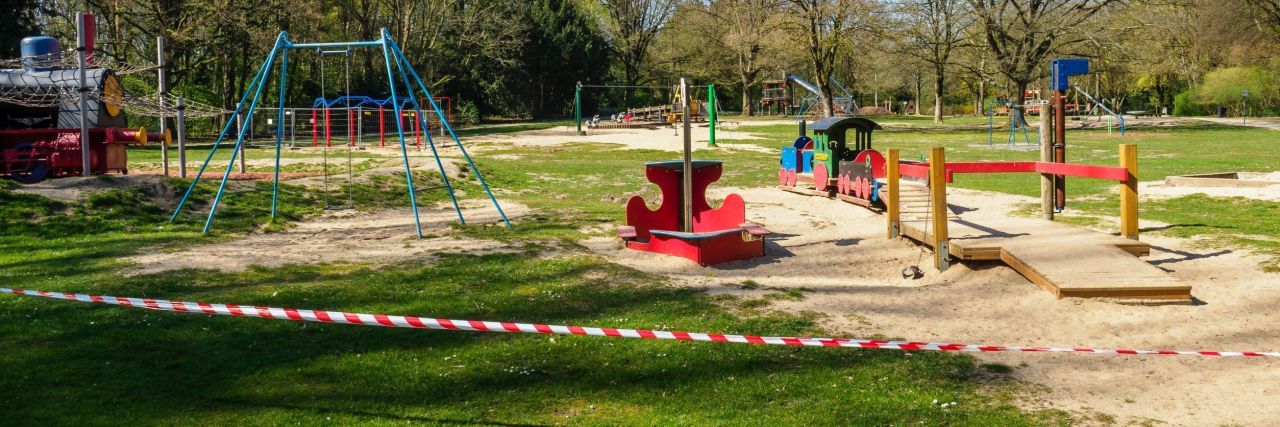Why Isolation for Autistic and PDA Kids Isn't Uncommon
At the moment, vast parts of the world are in varying degrees of lockdown to prevent the spread of COVID-19 especially given the spread of the delta strain. Families and governments are advocating for a return to schools due to fears of isolation for children.
As a parent of two autistic children with a PDA profile, isolation is not unusual or uncommon. Pathological Demand Avoidance (PDA) is a specific profile of autism that presents with particular challenges about the ordinary demands of daily life. The PDA Society reports seven out of 10 PDA children do not attend school due to the extreme demands of a school environment.
For us, the lockdowns have actually been quite a relief in many ways. The obligations and expectations associated with daily life of attending in-person doctor appointments, seeing family and friends and being generally active in the community are usually far too much for us to maintain on a consistent basis.
While I am grateful that we are lucky enough to be able to have a parent home with our kids, it also represents a choice on our behalf to forgo significant income and a career in order to do so. Furthermore, while other home-educating families are able to be more social and perhaps work part-time, the needs of a PDA child prohibit most of that.
Often I feel tired by the uneducated opinions of others about the realities of home education. Other people have a specific and stereotypical notion of what home education looks like and have no interest in understanding what our days really look like. I recognize this is symptomatic of wider society and our neoliberal views about our own individual successes and failures, and thus the internalizing gaze dominates over an external, community perspective of showing interest in others.
But this can create a dichotomy of “us versus them” in which families of school-going kids cannot understand or relate to families which children at home. Furthermore, the stereotyping of home educating families means the diversity within the community is ignored and thus misunderstood.
Home-educating families are diverse; some families do employ curriculums and follow a similar approach to school, yet others are more relaxed and a smaller minority follow a radical unschooling approach. Some families have more choice and others have less. For PDA families, that choice is largely driven by the child and their interests and tolerance for demands.
In our case, our eldest PDA child cannot tolerate any level of externally set demand. So that means radical unschooling, an approach that sets very few or no rules whatsoever, is the only choice available. Would this have been our first choice? Probably not. But trying to do it differently would be like pushing water uphill.
Thus, understanding the pressures on families of PDA kids is crucial to understanding the isolation they face. It is frustrating to see media reports and parents complaining about their children being isolated when they do participate in online learning, online groups, can chat with their friends and do not have severe social difficulties in relating to others. I can appreciate it is a very challenging time for parents. But, for PDA families, this is most likely the norm, and is unlikely to change.
Photo submitted by contributor.

